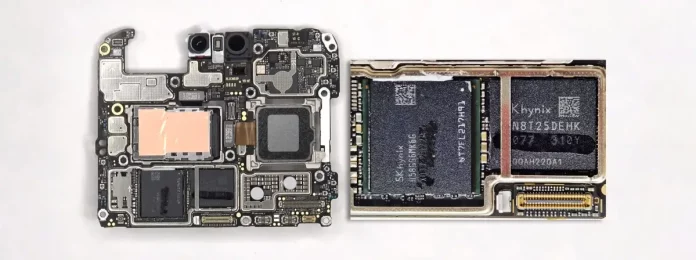In a surprising twist within the tech industry, Taiwan Semiconductor Manufacturing Company (TSMC), the world’s leading semiconductor foundry, has discovered that its chips have made their way into Huawei devices. This revelation comes despite the significant sanctions imposed on Huawei by the U.S. government, which were meant to cut off the Chinese tech giant’s access to advanced semiconductor technology.
The situation has raised questions regarding how Huawei managed to procure TSMC-manufactured chips, as the foundry is bound by restrictions that prevent it from supplying components to Huawei. These sanctions, part of a broader set of trade restrictions initiated in 2019, were designed to limit Huawei’s capability to produce or acquire high-performance chips necessary for its smartphones and networking equipment.
Reports indicate that Huawei’s workaround may have involved indirect channels or third-party intermediaries to source these chips. This strategy allows Huawei to obtain essential components while technically sidestepping direct transactions with restricted entities. Such complex supply chain maneuvers can make it difficult for manufacturers like TSMC to fully track the end users of their products, especially when dealing with extensive global distribution networks.
Industry analysts suggest that Huawei’s recent launch of advanced smartphones, such as the Mate 60 Pro, showcases the company’s ability to secure high-performance chips despite ongoing sanctions. The Mate 60 Pro is rumored to feature a chipset that rivals modern 7nm process technology, highlighting Huawei’s resourcefulness in sustaining its product development and competitive edge.
TSMC, for its part, has not released a detailed statement on how its chips ended up in Huawei devices but has reiterated its commitment to complying with all export control regulations. The discovery has sparked renewed discussions on the effectiveness of trade sanctions and the lengths to which companies might go to bypass such barriers.
The implications of this development are significant, as it may prompt the U.S. government and its allies to tighten existing regulations or explore new measures to close potential loopholes. For Huawei, the access to advanced chips marks a critical victory in its struggle to maintain a foothold in the global tech market despite extensive geopolitical challenges. How this situation unfolds could reshape strategies for both companies and impact future enforcement of international trade laws.

